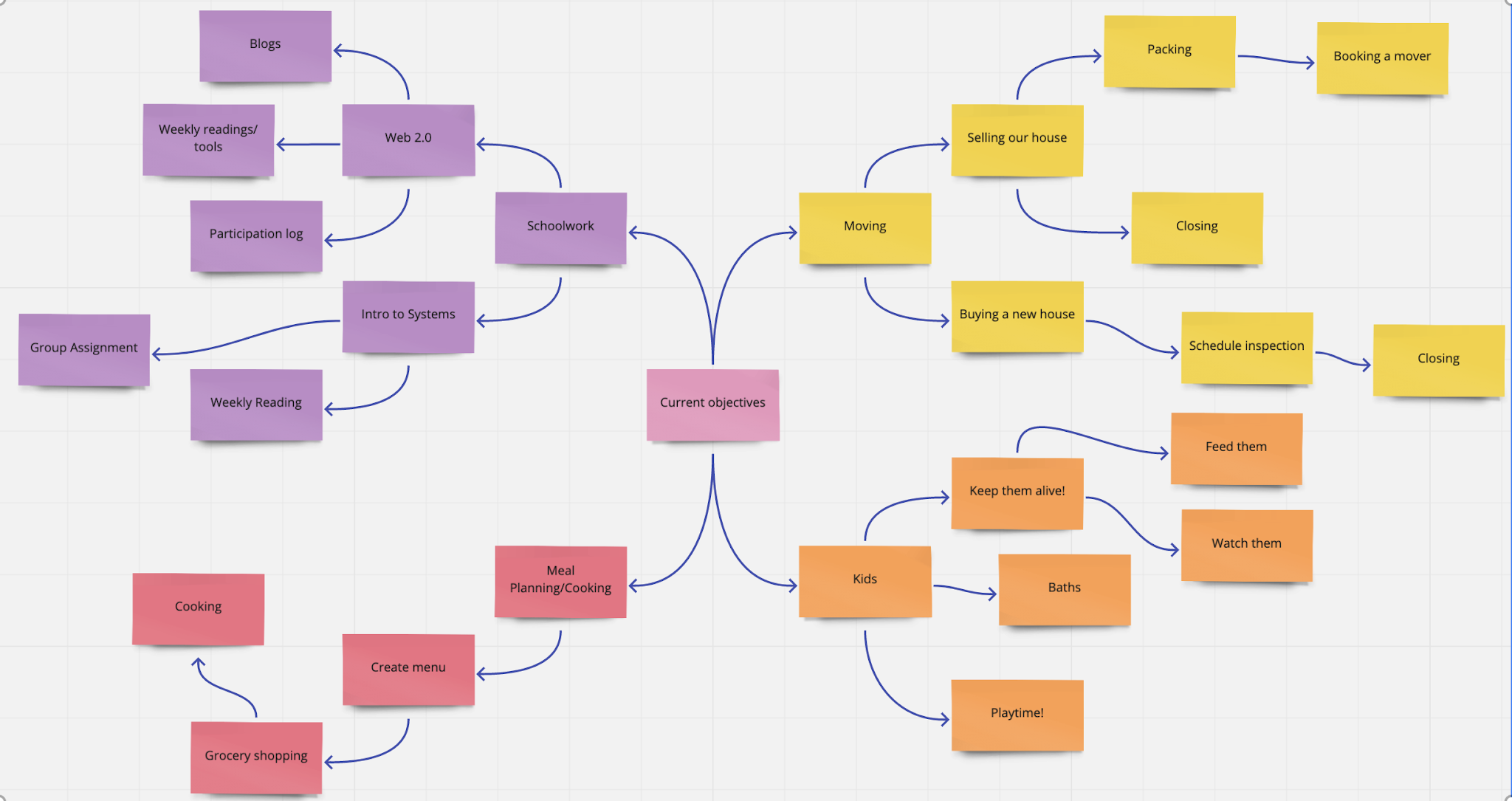Defining words precisely.
This graphic was in one of our readings for EME 5601 this week and I really appreciated the break down of "means" and "ends". This quote from the introduction also stood out to me, "The precise definition of words and concepts are absolutely vital, and even if some words sound familiar, we provide unique definitions for many. It is more than semantics and being precise is central to your success." As someone who REALLY cares about accuracy and "truth", I was excited about digging into this text and am excited about utilizing this knowledge as I learn how to apply this information for Needs Assessment and Performance Improvement.
Anyone else out there a stickler for word accuracy and precision?
Chapter 1 (pp. 1-12) in Kaufman, R., & Guerra-López, I. (2013). Needs assessment for organizational success. American Society for Training & Development.


I too found this weeks readings interesting, a little redundant, but the repetition helped the concepts stick in my brain. I liked the "plain language" that they used. I am a stickler for word accuracy and precision as well, but I don't always get there on the first draft. It usually takes a second or third pass before I recognize where I went wrong. I was talking to a colleague who is retiring at the end of this year about comparing a course that I developed 15 years ago and one that I am sending to the Commission next month. It's amazing how much I've grown as a writer. I've gotten so much better "talking" to the reader and providing precise language of what they need to do and why it's important.
ReplyDeleteYes, definitely redundant, but extremely helpful for me to fully grasp the concepts! I bet it feels good to see how much personal growth you've had as a writer. That is really neat that you are able to compare different courses that you have developed over time. I think with instructional materials precise and accurate language is so important!
Delete